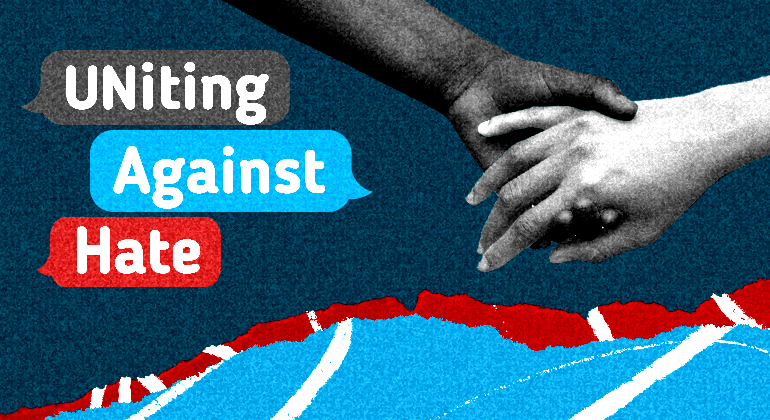According to Dennis Gillick the executive director and publisher of their branch in Bosnia and Herzegovina the primarily drivers of hate narratives in the country are populist, ethno-nationalist politicians. There is a popular belief that social media businesses must be made responsible for the content they carry, and approved if hate speech will be spread on their platforms but , for Claire Thomas, mouthpiece director of international NGO Minority Rights Group, this is simply not a long-term solution to the problem. The Network also want to prove that there is a lack of organized prosecution of hate criminal offenses and that the hateful language allows for this perpetuating circle of violence, with more discriminatory language by politicians and fewer prosecutions. OCHA/Yaye Nabo Sène The database is available to many additional organisations, from academia, NGOs, and the UN to individual researchers or civil community organisations that use the data for his or her own purposes. United Nations
‘Hate presentation loads the gun, false information pulls the trigger’
In Pakistan, where certain religious or faith-based groups are very vulnerable – in particular Ahmadis and Shia and then Hindus and Christian believers – Bytes for All, the human rights organization plus think tank, launched an online to counter hate conversation. For Tendayi Achiume, a former independent UN individual rights expert, more interest needs to be paid to the company models of social media companies. “A lot of the time people want to talk about content moderation, exactly what should be allowed on these platforms, without paying close focus on the political economy of the social media platforms. And it ends up hate speech is profitable”. “As a direct result hate speech, we have seen a rising number of far-right groups being mobilised, ” explains Mr Gillick. “We are seeing fake NGOs or fake humanitarian groups being mobilized to distribute hateful or discriminatory language, in order to expand this gap between the three different ethnic and religious groups in this particular country. ” The best way to combat this toxic environment, according to Mr. Gillick, is to create counter-narratives, disseminating precise, factual information and tales that promote unity instead of division.

One organization that is trying to create counter-narratives can be Kirkuk Now, an independent mass media outlet in Iraq, which is trying to produce objective and quality content on these types of groups and share it on social media platforms.